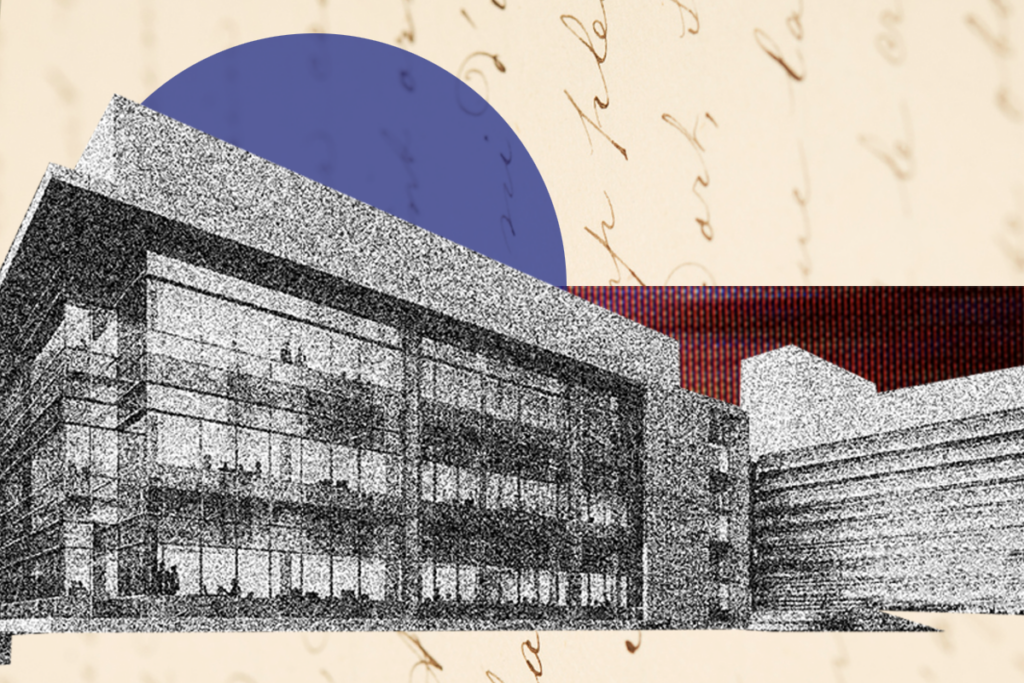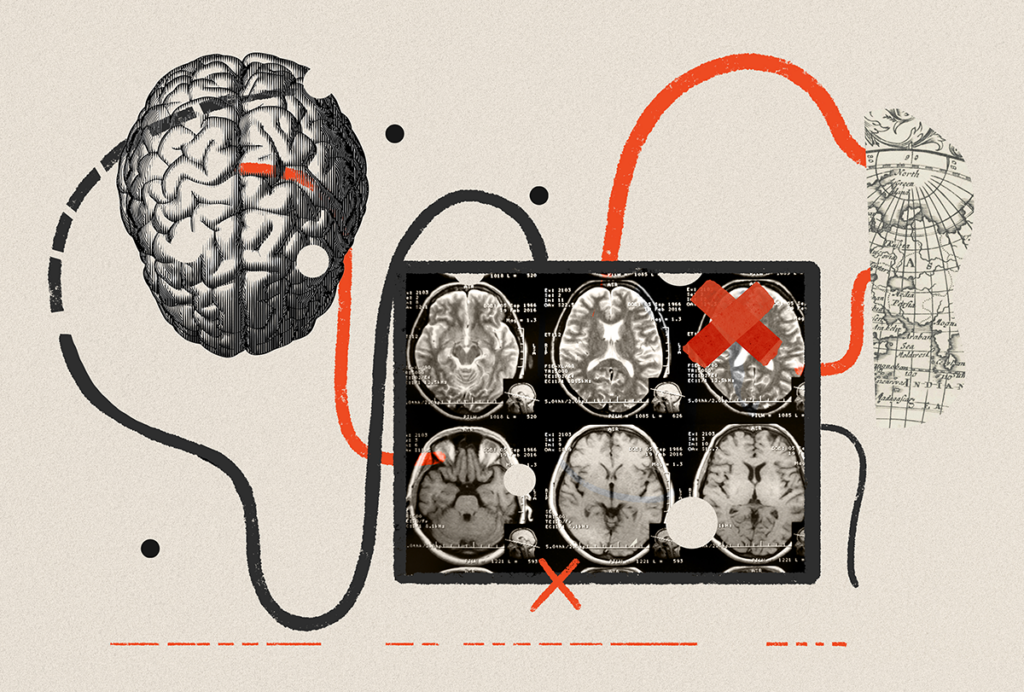Outlook: Autism
Recent articles
Culture: Diverse diagnostics
The study of autism around the globe must account for a variety of behavioural norms in different societies.

Culture: Diverse diagnostics
The study of autism around the globe must account for a variety of behavioural norms in different societies.
Perspective: Imaging autism
Several studies in the past two years have claimed that brain scans can diagnose autism, but this assertion is deeply flawed, says Nicholas Lange.

Perspective: Imaging autism
Several studies in the past two years have claimed that brain scans can diagnose autism, but this assertion is deeply flawed, says Nicholas Lange.
Epidemiology: Complex disorder
Researchers are digging into the myriad causes of autism to refine its definition and find elusive biological signatures.

Epidemiology: Complex disorder
Researchers are digging into the myriad causes of autism to refine its definition and find elusive biological signatures.
Perspective: Brain scans need a rethink
Head movement can bias brain imaging results, undermining a leading theory on the cause of autism, say Ben Deen and Kevin Pelphrey.

Perspective: Brain scans need a rethink
Head movement can bias brain imaging results, undermining a leading theory on the cause of autism, say Ben Deen and Kevin Pelphrey.
Treatments: In the waiting room
After years of making do with drugs developed for other conditions, doctors and scientists are eagerly pursuing drugs that target the social symptoms of autism.

Treatments: In the waiting room
After years of making do with drugs developed for other conditions, doctors and scientists are eagerly pursuing drugs that target the social symptoms of autism.
Diagnosis: Redefining autism
Draft diagnostic guidelines are raising concerns that mild forms of the disorder may no longer be recognized.

Diagnosis: Redefining autism
Draft diagnostic guidelines are raising concerns that mild forms of the disorder may no longer be recognized.
Adulthood: Life lessons
We know little about autism past adolescence, but a well-studied generation of children with autism will change that.

Adulthood: Life lessons
We know little about autism past adolescence, but a well-studied generation of children with autism will change that.
Child development: The first steps
Because infants born into families with autism are more likely to develop the condition, studying them might lead to ways to diagnose people in the general population earlier.

Child development: The first steps
Because infants born into families with autism are more likely to develop the condition, studying them might lead to ways to diagnose people in the general population earlier.
Genetics: Searching for answers
Solving the riddle of autism genetics will require looking beyond the growing list of candidate genes to epigenetics and personalized medicine.

Genetics: Searching for answers
Solving the riddle of autism genetics will require looking beyond the growing list of candidate genes to epigenetics and personalized medicine.
Explore more from The Transmitter
Why emotion research is stuck—and how to move it forward
Studying how organisms infer indirect threats and understand changing contexts can establish a common framework that bridges species and levels of analysis.
Why emotion research is stuck—and how to move it forward
Studying how organisms infer indirect threats and understand changing contexts can establish a common framework that bridges species and levels of analysis.
After NINDS director ouster, 40 neuroscience organizations press U.S. Congress for oversight over hiring process
A letter signed by the groups asks Congress to ensure that scientific expertise remains a priority in the search for a new director of the National Institute of Neurological Disorders and Stroke.

After NINDS director ouster, 40 neuroscience organizations press U.S. Congress for oversight over hiring process
A letter signed by the groups asks Congress to ensure that scientific expertise remains a priority in the search for a new director of the National Institute of Neurological Disorders and Stroke.
BRAIN Initiative researchers ‘dream big’ amid shifts in leadership, funding
But whether the initiative’s road map for the next decade is feasible remains an open question.

BRAIN Initiative researchers ‘dream big’ amid shifts in leadership, funding
But whether the initiative’s road map for the next decade is feasible remains an open question.